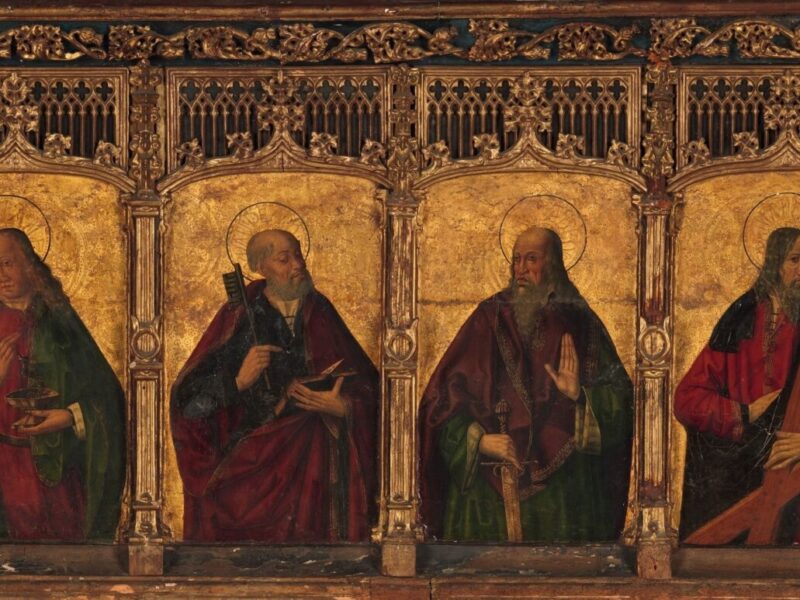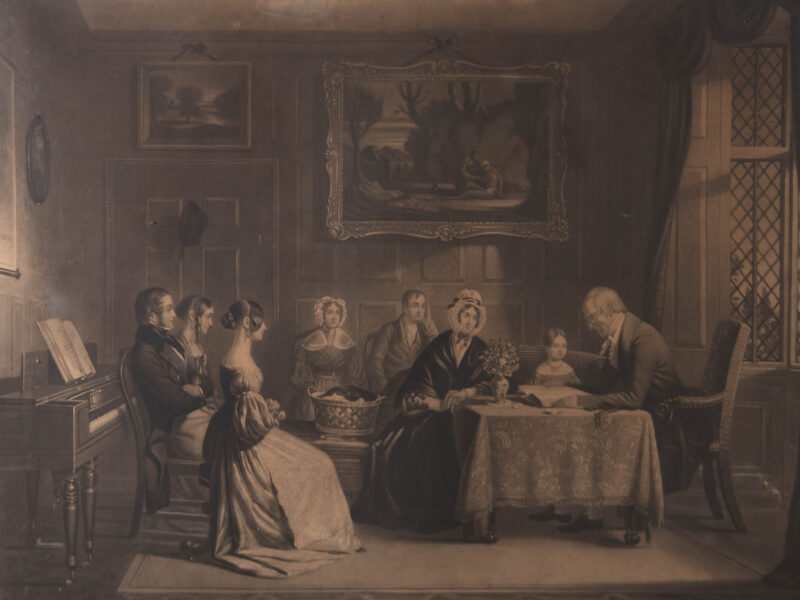That was a way of putting it
—T.S. Eliot, East Coker
Conditional, at best. In other words.
Needless to say. When all is said and done.
Thinking things through. Seeing them. So to speak.
A word to the wise. Better left unsaid.
What isn’t golden: falling into place.
The word made flesh, or was the flesh made word?
Chapter and verse. A silence called to mind.
A coming to our senses, as it were.
Once and for all. Then again. Be that as it may.
What a picture’s worth. Put another way.
Namely. In plain English. To wit, that is.
These late translations, taken up and down.
A verse reversed. The is and as of rhyme.
(I couldn’t have put it better myself.)
Strictly speaking. Taking it to the grave.
Word for word. About. A turn of phrase.
A word in parting. Parts of words, of speech.
Dead on. To say the least. A private word.
Nothing more to be said, or so we’re told.
It goes without saying, as the saying goes.
That being said, and more than words can say.
Let there be be and—there—was. Enough, said.
Words matter. Matter words. Let there be light
And there was light. Is. When all is said and done.
A thing to behold. i.e., God making do.
At a loss for words—or so we once heard tell.
Our word our bond. Free speech, Holding one’s tongue.
Last words, or first. A word in confidence.
Iffy for sure, at best. If truth be told . . .
If what is most worth saying can’t be said.




'If truth be told…' has 1 comment
April 18, 2020 @ 12:19 am Bryce Christensen
Yes, words do matter. And David Middleton knows how to use them to illuminate the truths that matter most. I especially love the concluding allusion to II Cor. 9:15 : “Thanks be to God for his unspeakable gift.” Superb poem.